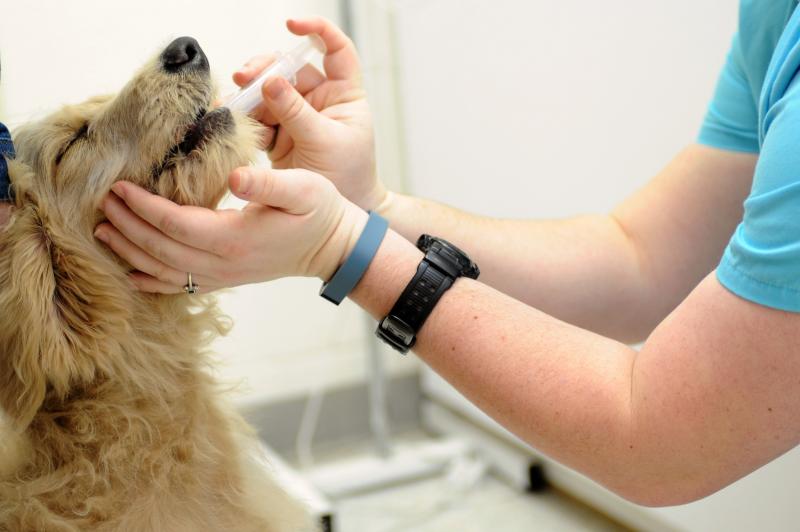The future of veterinary vaccines is bright, with ongoing research and technological advancements poised to revolutionize disease prevention in animals. Here are some exciting developments on the horizon:
Personalized Vaccines: Advances in genetics and immunology may lead to the development of personalized vaccines for individual animals. These vaccines could be tailored to the animal's specific genetic makeup and immune response, optimizing their protection against diseases.
Nanotechnology: Nanoparticles can be utilized to improve vaccine delivery and enhance the immune response. Nano-based vaccines offer better stability and controlled release of antigens, potentially leading to improved vaccine efficacy.
Plant-Based Vaccines: Plant-based vaccines are an eco-friendly and cost-effective alternative to traditional vaccine production methods. Genetically modified plants can be used to produce antigens, making vaccine production more accessible and scalable.
Vaccination via Edible Vaccines: Edible vaccines involve introducing vaccine antigens into the animal's diet. This approach may revolutionize vaccine administration, making it easier and less stressful for animals.
Gene Editing: Gene editing technologies like CRISPR-Cas9 hold promise for creating more effective vaccines. Scientists can modify pathogen genes to produce safer and more targeted vaccine antigens.
The Global Veterinary Vaccines Market is estimated to be valued at US$ 8,482.6 million in 2022 and is expected to exhibit a CAGR of 6.2% during the forecast period (2022-2030).
One-Dose Lifelong Vaccines: Research is underway to develop vaccines that provide lifelong protection with a single dose. Such vaccines could eliminate the need for booster shots and reduce the stress associated with multiple injections.
Immunoinformatics: This innovative approach combines immunology and bioinformatics to design vaccines more efficiently. Scientists can analyze pathogen genomes and the immune system's responses to predict antigenic epitopes, leading to better-targeted vaccines.
As these advancements become a reality, Veterinary Vaccines medicine will witness groundbreaking changes in disease prevention and control. By staying informed and collaborating with veterinarians, we can ensure that our pets benefit from the latest developments in veterinary vaccines, leading to healthier and happier lives for our beloved animal companions.
